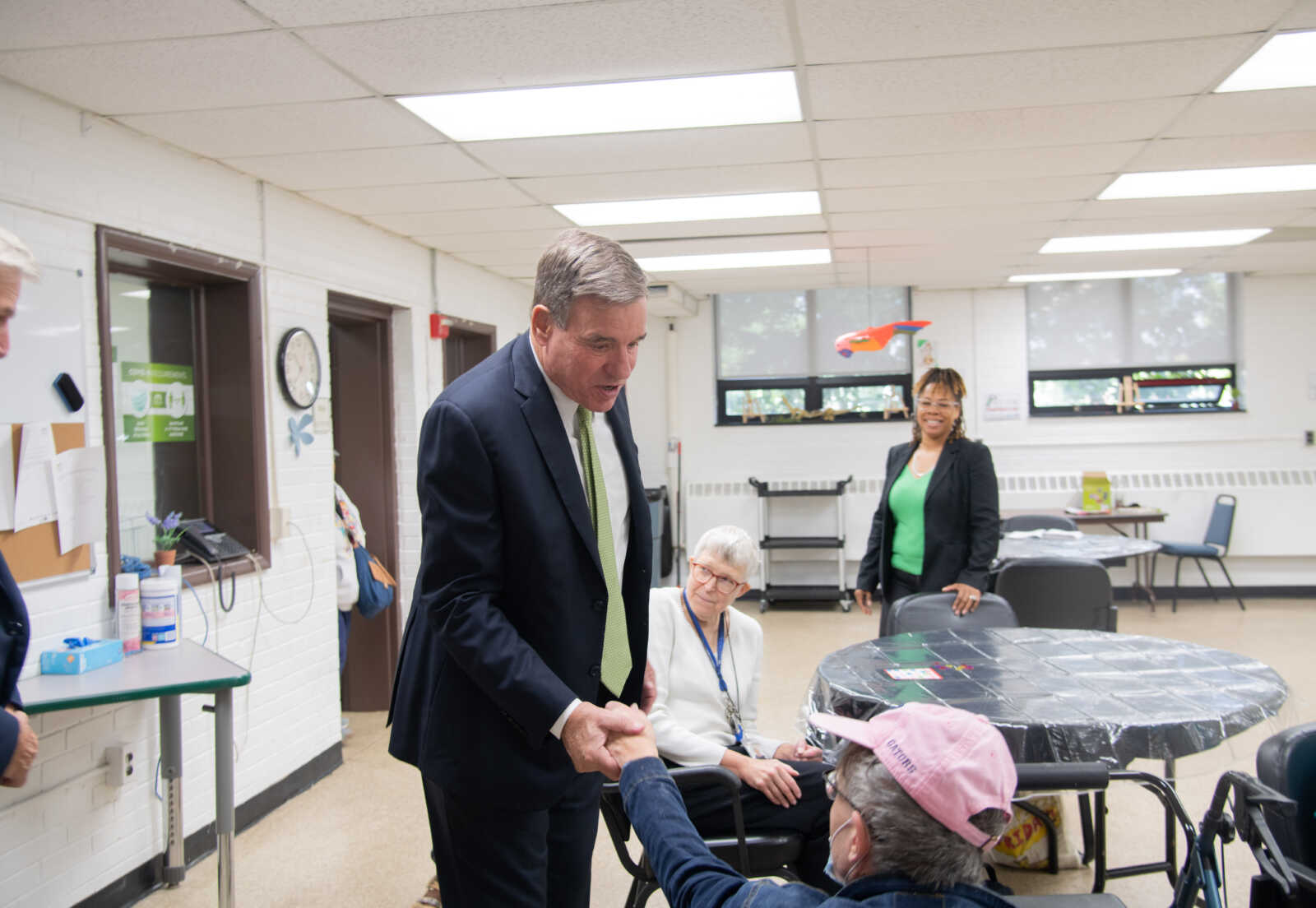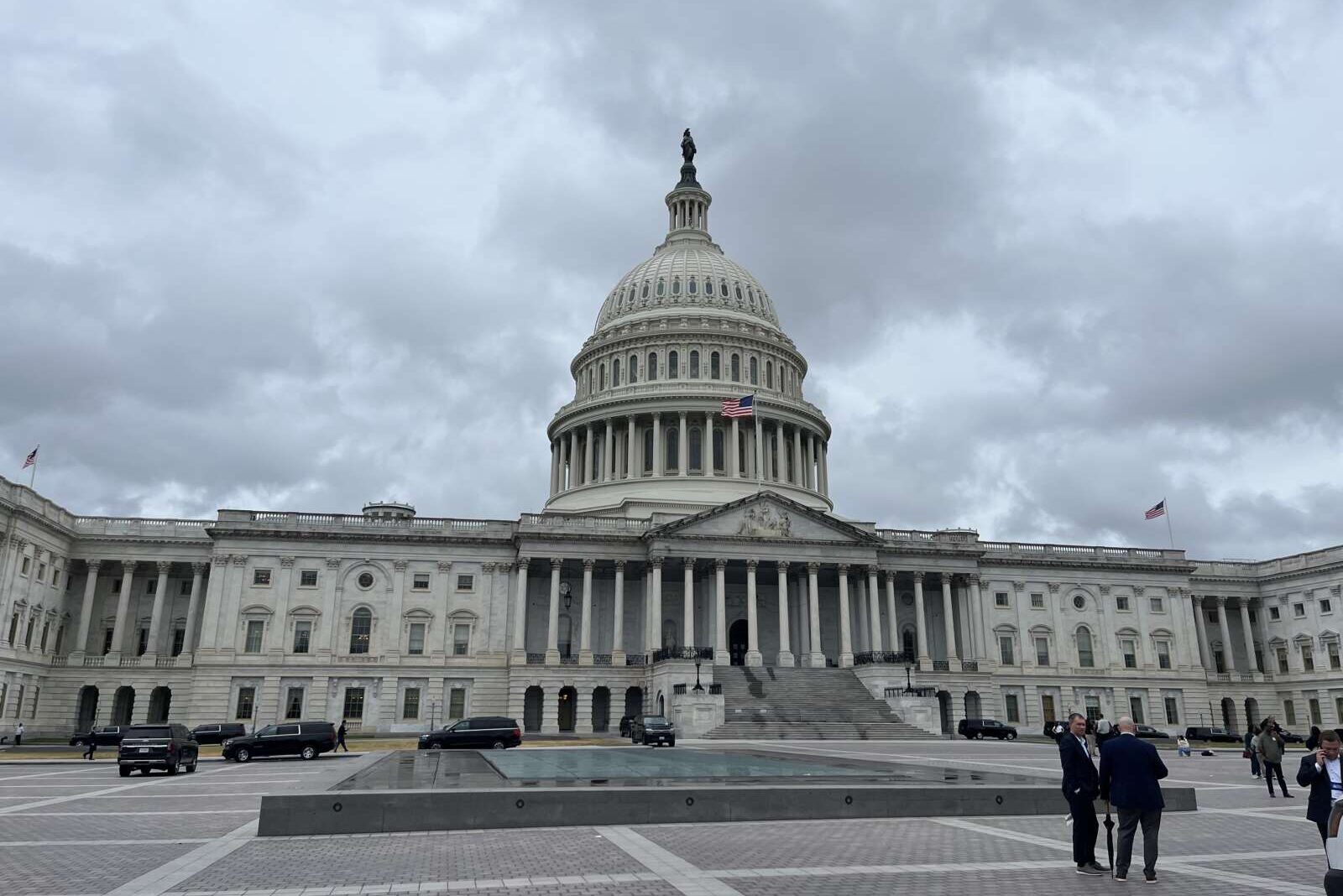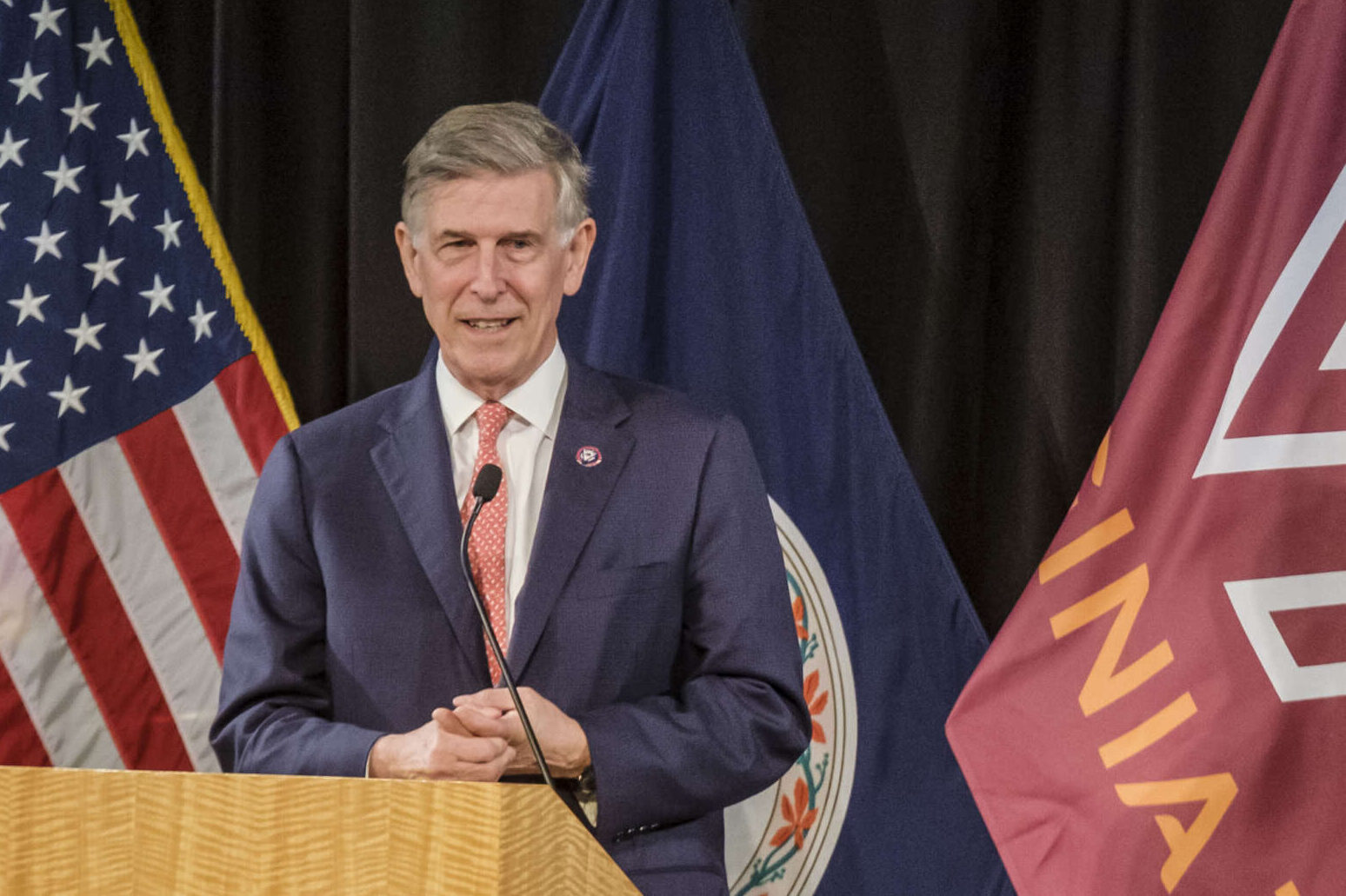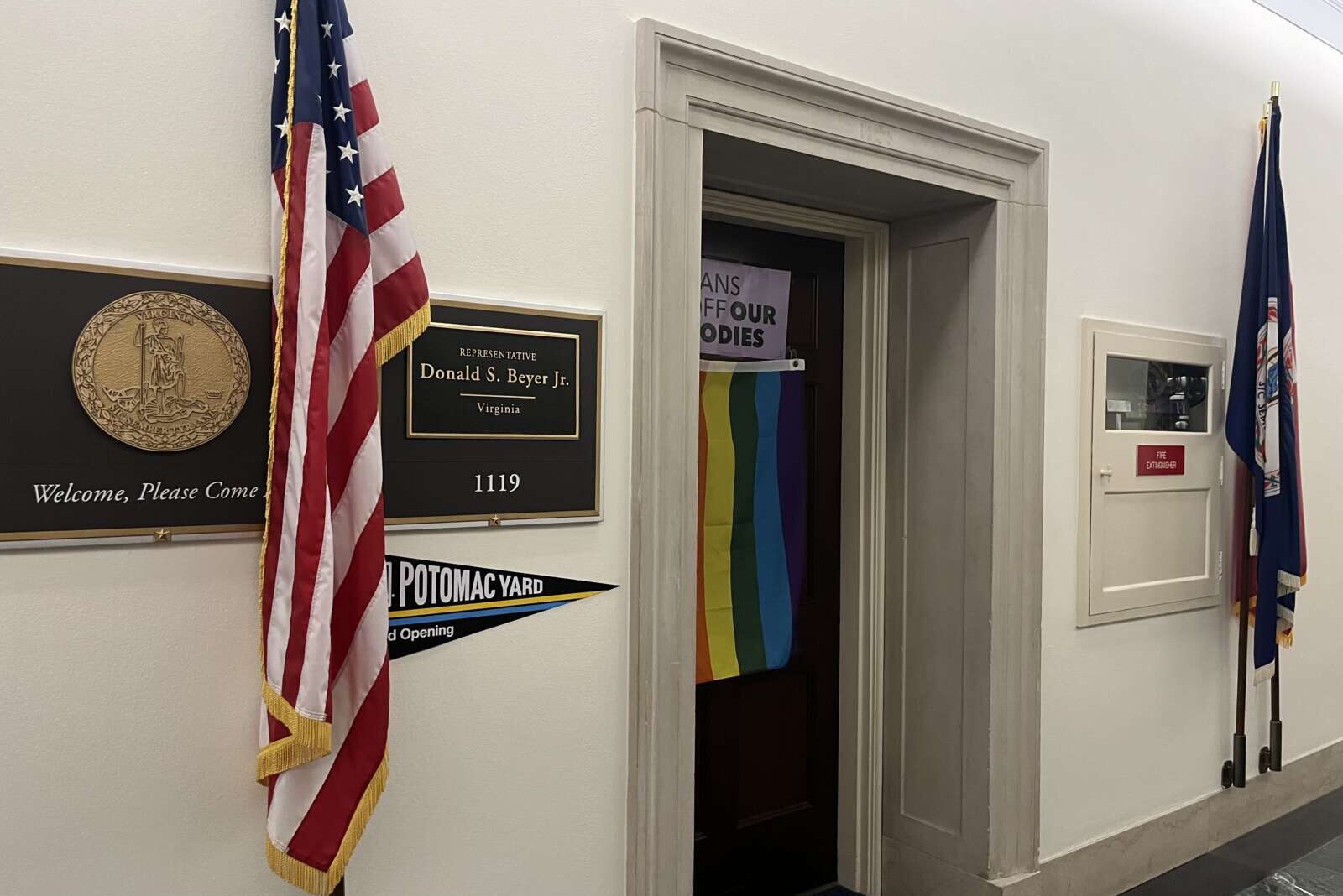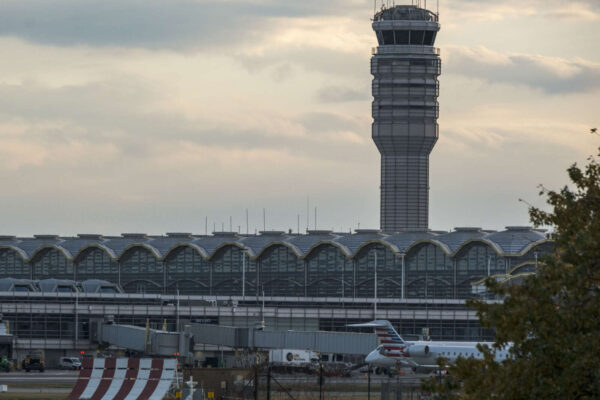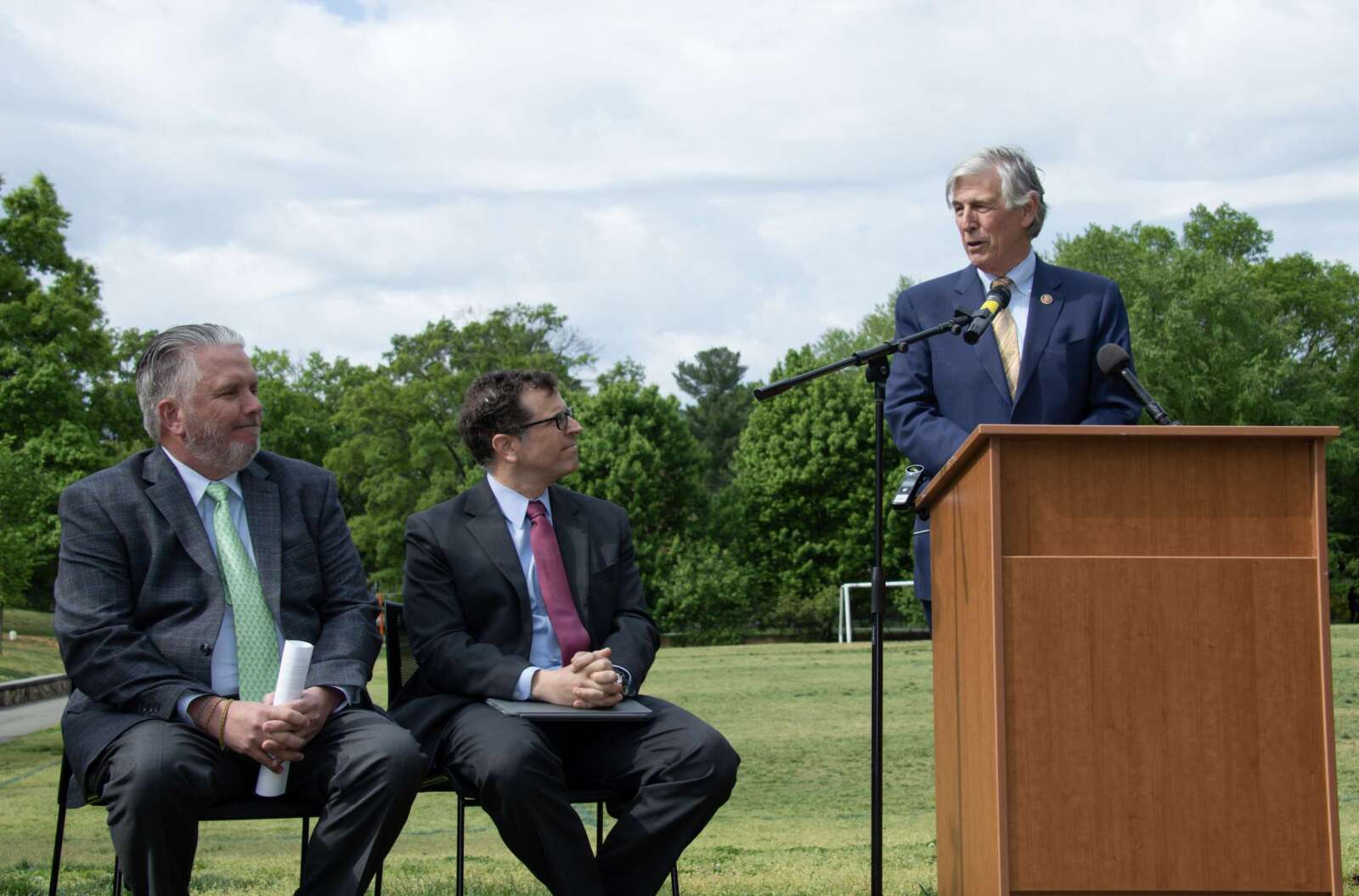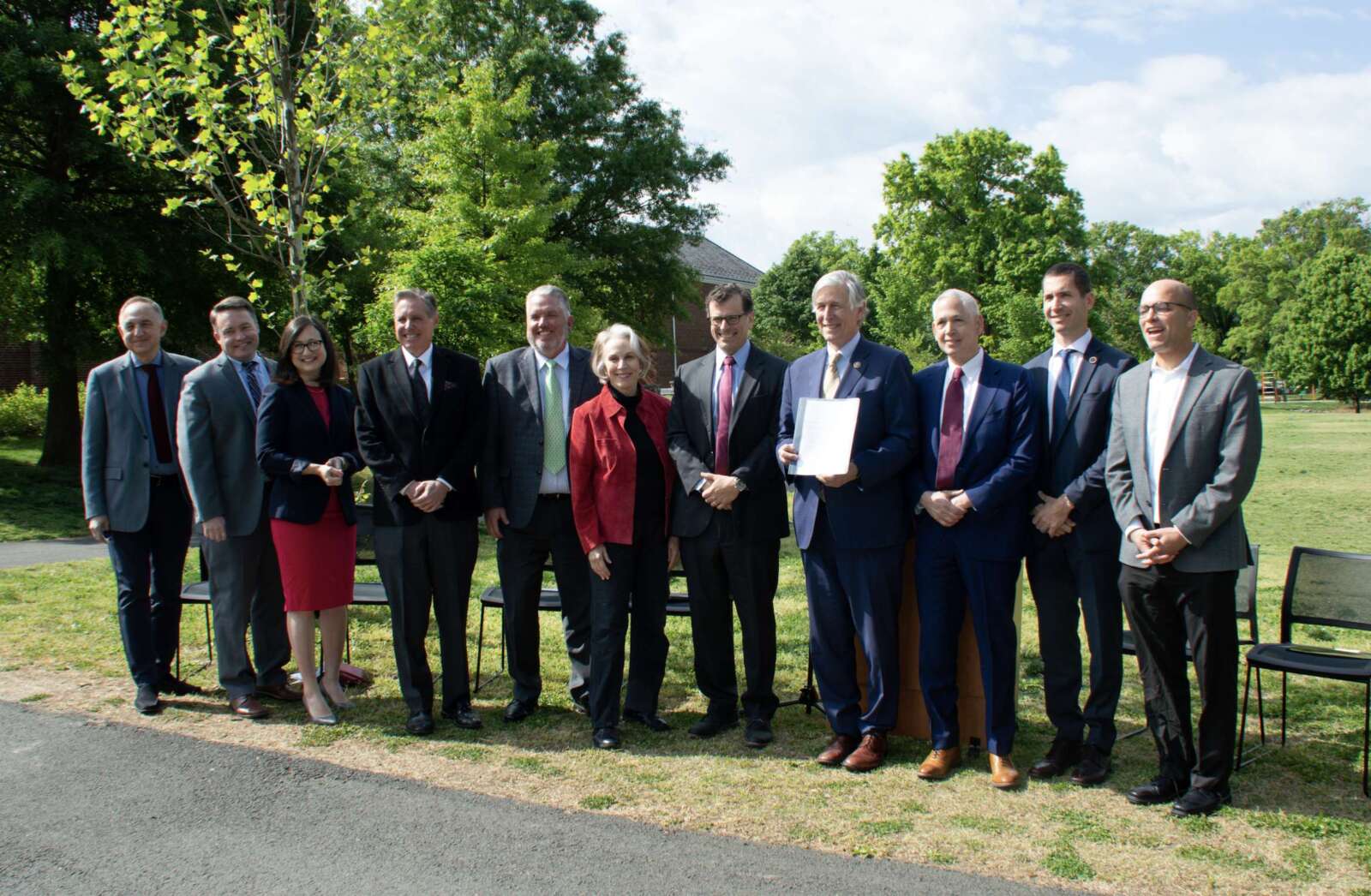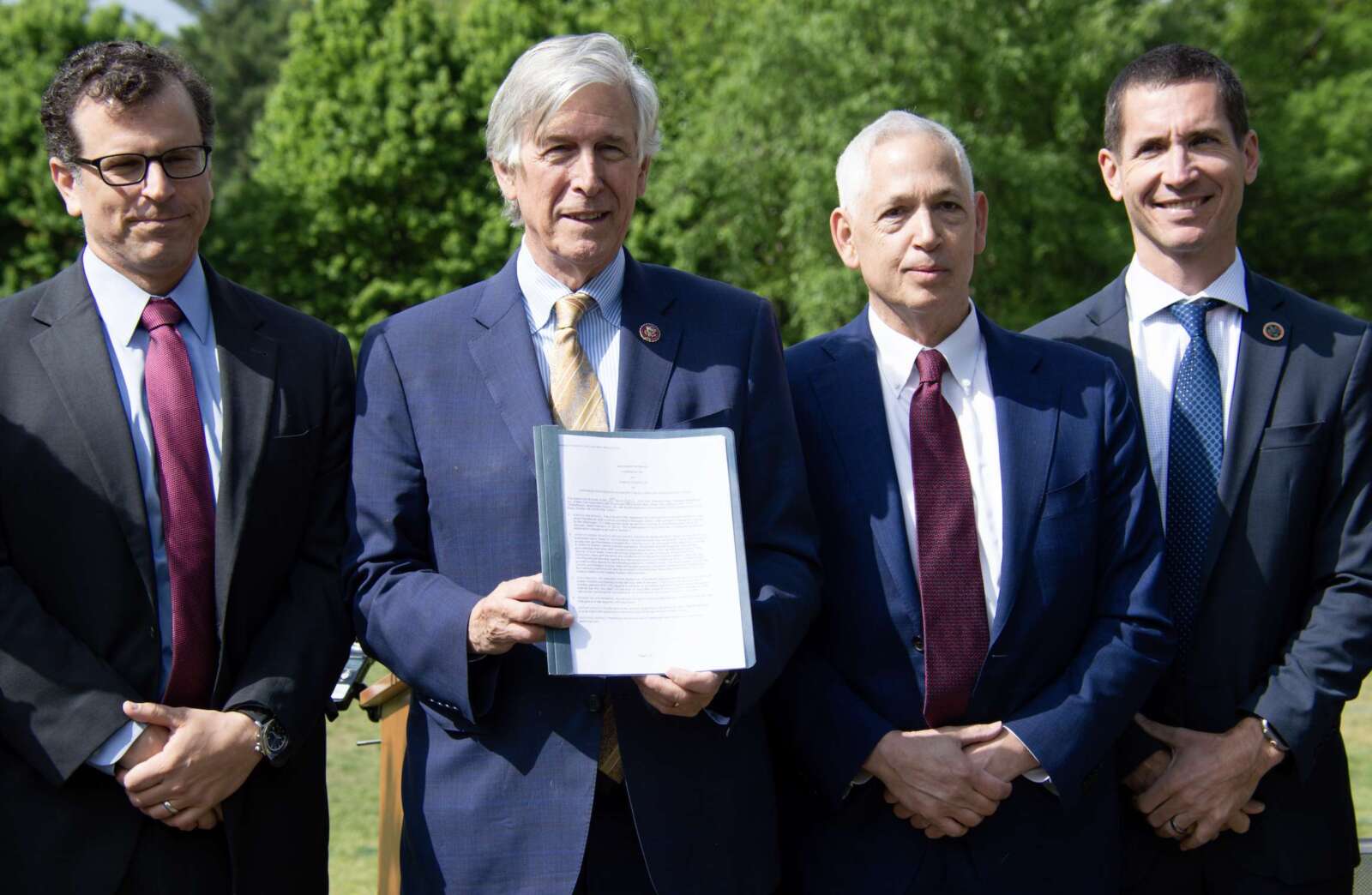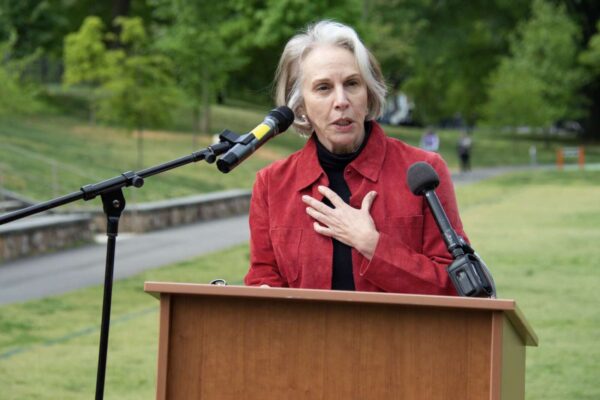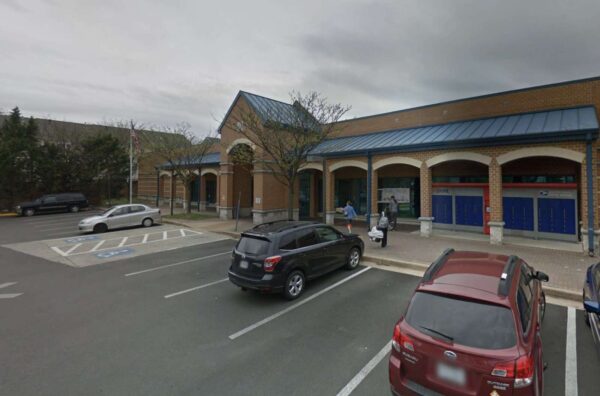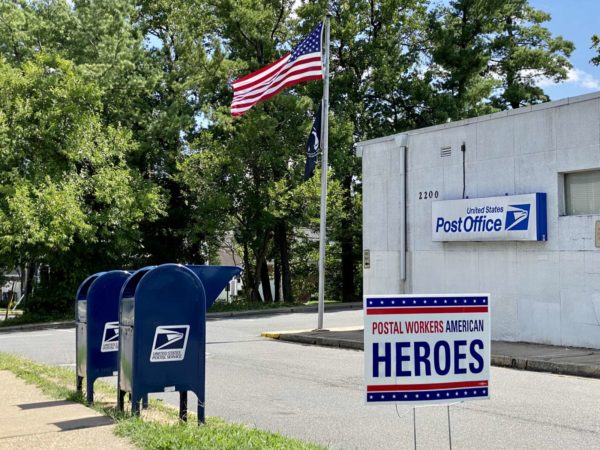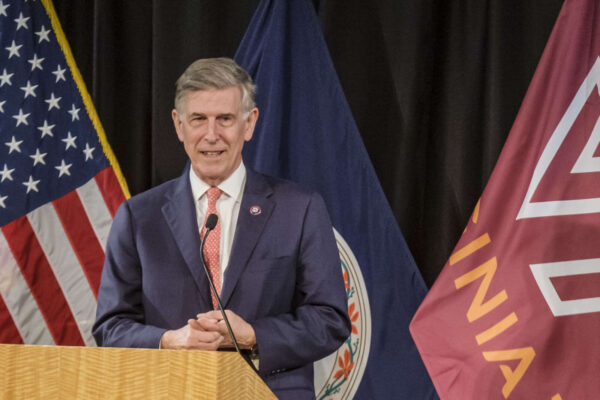
Rep. Don Beyer is standing up for donkeys everywhere and trying to save their hides.
Last Tuesday, the Congressman re-introduced legislation that would effectively ban the sale and trade of donkey-hide gelatin, otherwise known as ejiao.
Beyer initially introduced the Ejiao Act in 2021, claiming that “the international trade in donkey-hide gelatin products is leading to the mass slaughter of donkeys and widespread harm to impoverished communities around the world,” per a press release.
Ejiao, a gelatin made from boiling donkey skin, is found in various types of Chinese medicine and cosmetic products and is used to treat anemia, stop bleeding, improve the immune system, prevent cancer and treat insomnia and dizziness, according to a 2023 report from the Congressional Research Service.
The report notes the sale of ejiao is low in the United States compared to other countries. However, the Animal Welfare Institute argues in a press release that such a law “would have a tangible impact domestically while also setting a strong precedent for other nations to shut down ejiao sales.”
The U.S. should “act immediately” to shut down the illicit trade of donkey hide, said Emily Dulin, chief executive officer of Brooke USA, the lead animal welfare organization working with Beyer’s office to build support for the bill, in a statement.
“The international trade in donkey-hide gelatin products is leading to the mass slaughter of donkeys, resulting in widespread harm to impoverished communities around the world. Congress is taking action to halt all importation of those products into this country,” she said. “More and more people in poorer countries are seeing the animals they depend on stolen and killed to meet the demand for the ejiao trade.”
The trade is “senseless and poses grave risks to donkeys around the world,” added Joanna Grossman, equine program director and senior policy advisor for the Animal Welfare Institute farmed animal program.
“There is no need for these products that entail substantial cruelty and confer no real health benefits,” she said in the press release.
In February, the nonprofit Center for Contemporary Equine Studies filed a lawsuit against Amazon, alleging that selling products containing ejiao on its website breaches California’s animal welfare statutes.
When asked about the likelihood of the bill passing, Aaron Fritschner, a spokesman for Rep. Beyer’s office, said Beyer is pursuing a Republican sponsor but has some more urgent priorities to attend to.
“Right now Rep. Beyer is focused on international conflicts and funding the government ahead of the November 17th deadline,” he said. These areas are urgent and will command much of his time and attention in the coming weeks, but as his bandwidth allows he will work to secure bipartisan support for the recently reintroduced Ejiao Act.”
This isn’t the first time Beyer has sponsored legislation on behalf of the animal kingdom.
In 2015, Rep. Beyer introduced the Humane Cosmetics Act, aimed at curbing animal testing for cosmetics across the U.S. He reintroduced the same bill again in September.


